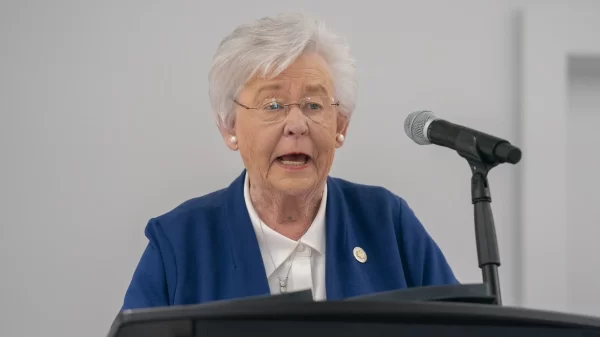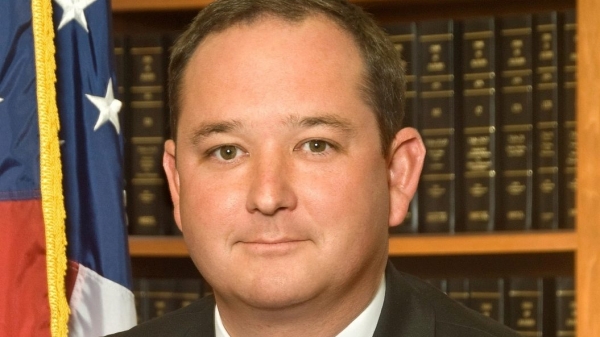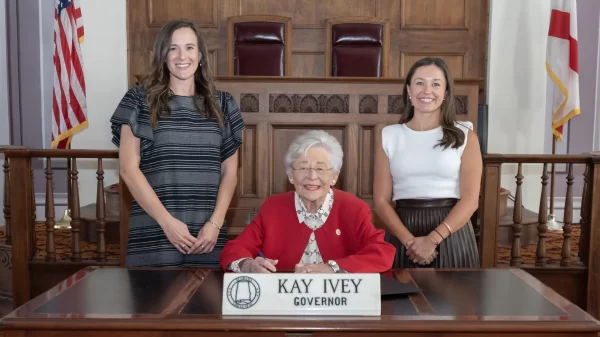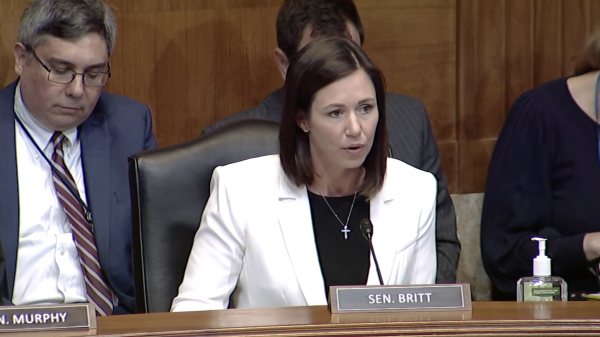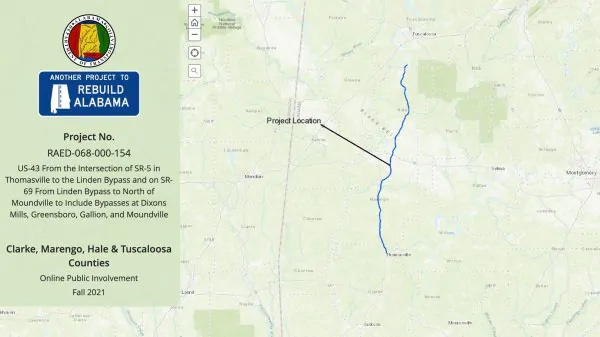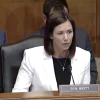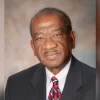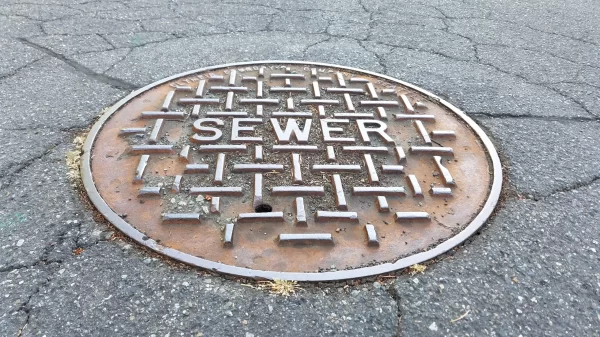By Chip Brownlee
Alabama Political Reporter
MONTGOMERY — Two high-profile pieces of Legislation that were passed and enrolled late last week are still undergoing a routine legal review, Gov. Kay Ivey’s office said Monday.
Ivey’s legal team is combing through HB315, which would legalize the practice of Midwifery, and SB60, which would prohibit cities and counties from removing Confederate monuments. After the routine review is completed, the Governor will decide whether to sign the two bills.
The Governor has 10 days to sign an act once it has been passed and enrolled by the Legislature. Ivey has about seven more days to sign the two pieces of legislation, making them law.
If she vetoes, or if she doesn’t sign the bills, which is considered a pocket veto, the Legislation would be killed. The Legislature, now adjourned, would not have the option to overturn her veto.
The Governor may be getting pressure from the Alabama Hospital Association and the Alabama State Nurses Association, two groups that are opposed to the Midwifery legalization bill.
Ivey’s office did not indicate whether she plans to sign either of the bills into law. If she signs HB315, it would overturn a four-decades-old prohibition on professional Midwives assisting with at-home births. It would exempt those Midwives who have certification from being prosecuted under existing State law, which considers Midwifery a misdemeanor crime.
The Alabama Midwives Alliance and the Alabama Birth Coalition have pushed for similar legislation going back almost 13 years.
The more contentious bill is Sen. Gerald Allen’s Monuments Preservation Act, which was approved in a late afternoon vote on the last day of the Session. The bill provides wide-ranging protections for confederate monuments and other historic memorials in the State.
The bill, if it gets Ivey’s signature, would bar the removal, relocation, alteration, renaming or other disturbance of “architecturally significant” buildings, memorials, memorial streets or monuments.
The Legislation’s protections would extend to monuments that have been on public property for 40 or more years, presumably including both pro-slavery Confederate monuments and Civil Rights monuments alike.
Even though the Civil Rights Movement took place largely in the 1950s and 60s, most memorials and monuments were built in the 1980s and 90s, which would not be covered by the blanket protections.
A portion of the Legislation would require that monuments between 20-40 years old be reviewed before being removed or altered.
The Legislation comes at a time when officials all over the South are trying to decide what the best course of action is on Confederate monuments and memorials. City officials in New Orleans recently finished removing four confederate monuments including a statue of Gen. Robert E. Lee that sat in one of the city’s largest roundabouts, Lee Circle.
One large monument, the Confederate Memorial Monument, sits on the north side of the State Capitol Grounds. The 88-foot monument, which was dedicated in 1898, would be protected by Allen’s legislation. Another monument, a 52-foot one, was slated to be removed from a Birmingham park in 2015.
A lawsuit prevented its removal.
Black lawmakers have equated protecting the monuments with “protecting oppression” and fought the Legislation throughout the legislative process. They used procedural tactics to try to prevent its passage Friday, but were unsuccessful.
Ivey could be facing pressure from national corporations considering moves to Alabama, which have asked her not to sign the law, sources told APR. Her office said she would make a decision this week on whether to sign the law.
Email Chip Brownlee at cbrownlee@alreporter.com or follow him on Twitter.









